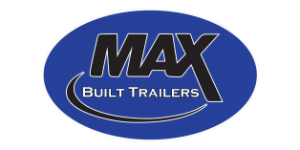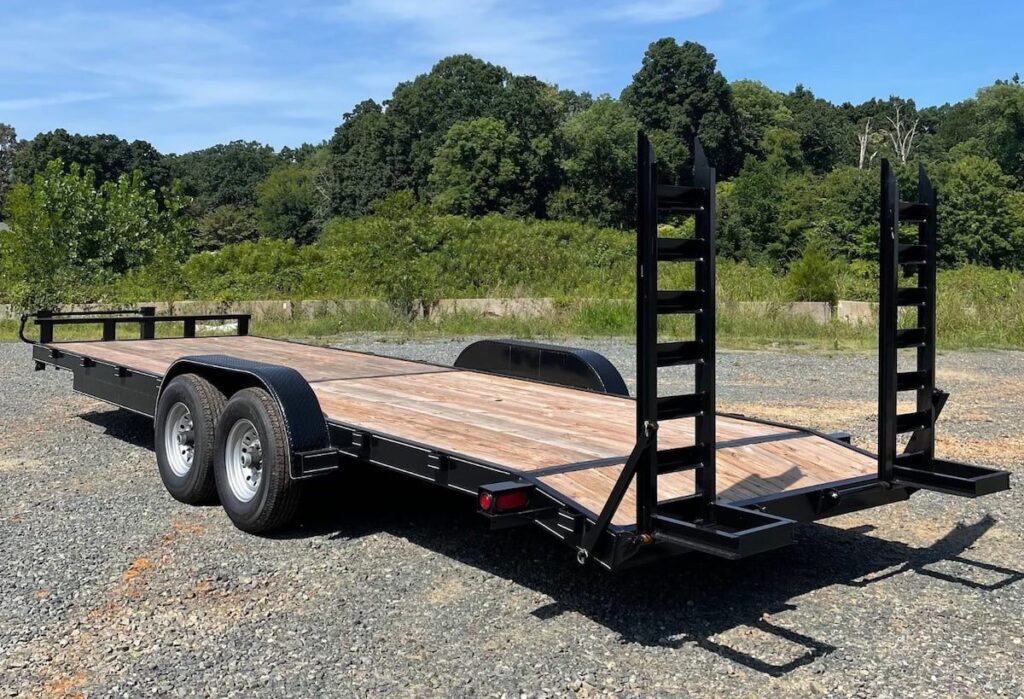Equipment trailers play a pivotal role in transporting heavy machinery and tools, and understanding the legal and practical aspects of insuring these trailers is crucial for owners and operators. In this comprehensive article, we get into the details of insurance for equipment trailers, covering legal requirements, common coverage options and practical considerations to ensure a secure and well-protected hauling experience.
Legalities of Insuring Equipment Trailers:
- State-Specific Regulations:
- Insurance requirements for equipment trailers vary by state. Familiarize yourself with local regulations to ensure compliance. States may mandate liability coverage, and some may have additional requirements for trailers with specific characteristics or uses.
- Liability Coverage:
- Liability insurance is often a legal requirement. It covers damages to third parties in the event of an accident for which you are found liable. The minimum coverage amount may be stipulated by state laws.
- Commercial Use Considerations:
- If your equipment trailer is used for commercial purposes, additional insurance may be necessary. Commercial auto insurance often provides broader coverage for trailers used in business activities.
- Cargo Insurance:
- Depending on the value of the equipment being transported, considering cargo insurance is essential. This coverage protects the equipment or tools being hauled in case of theft, damage or loss during transit.
Common Sense Considerations for Insuring Equipment Trailers:
Comprehensive Coverage:
- Comprehensive coverage goes beyond liability insurance, protecting your equipment trailer from various perils including theft, vandalism and natural disasters. This coverage can be particularly valuable for trailers carrying high-value equipment.
- Collision Coverage:
- Collision coverage safeguards your equipment trailer in case of a collision with another vehicle or object. It can assist in covering repair or replacement costs for the trailer.
- Deductibles and Premiums:
- Consider your budget and risk tolerance when selecting deductibles for your insurance policy. Higher deductibles typically result in lower premiums but may mean greater out-of-pocket expenses in the event of a claim.
- Regular Maintenance and Documentation:
- Regularly maintaining your equipment trailer and documenting its condition can be crucial in the claims process. Insurers may request evidence of proper maintenance—especially in the case of a claim related to wear and tear.
- Policy Review and Updates:
- Periodically review your insurance policy to ensure it aligns with your current needs. As your business or equipment inventory grows, updating your policy is essential to maintain adequate coverage.
Conclusion:
In conclusion, navigating the legalities and practicalities of insuring equipment trailers requires a thoughtful approach. Understanding state-specific regulations, choosing appropriate coverage options, and staying proactive in maintenance and documentation contribute to a comprehensive insurance strategy. Whether for personal or commercial use, investing in the right insurance coverage ensures peace of mind and protection for both the equipment trailer and its valuable cargo during transit.
Legal Disclaimer: The information provided in this article is for general guidance purposes only. It is not intended as legal, safety, professional advice, or replacement for product manuals. Readers are advised to consult relevant authorities, manufacturers’ guidelines, and seek professional assistance for their specific circumstances and vehicles. The author and publisher disclaim any liability for actions taken based on the contents of this article.





